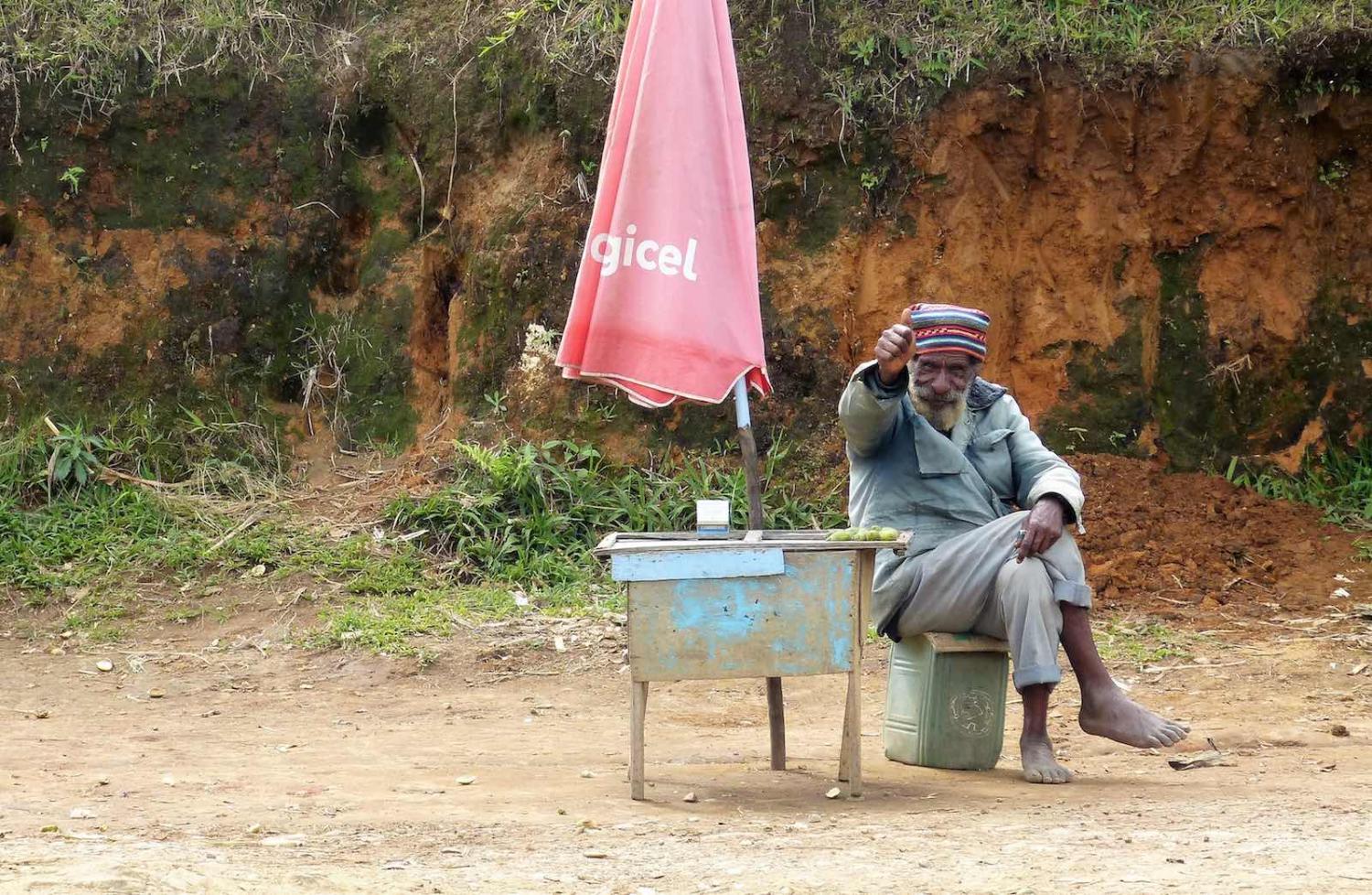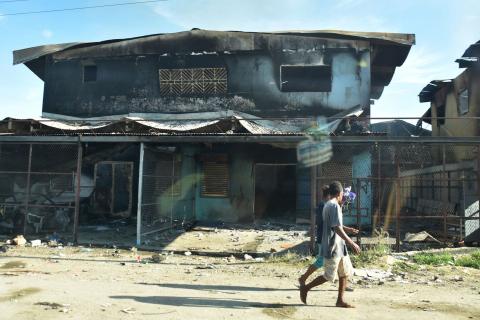When it comes to mobile networks in the Pacific Islands region, Digicel is dominant. More than 2.6 million subscribers mean its SIM cards power more handsets in the region than any other provider.
But the telco’s US$7 billion debt has been weighing heavily on its global operations spread across 31 countries in the Caribbean, Central America and the Pacific.
Digicel and its Ireland-based owner Denis O’Brien have been working since late last year to convince holders of the company’s bonds to take a haircut so that the group’s finances can be placed on a more sustainable footing. Late last week, O’Brien thanked bondholders as the deal moved towards completion.
A side effect of the process has been the privately-held Digicel revealing details of its corporate operations in a filing with the US Securities and Exchange Commission. The 757-page document explains how its various markets contribute to its bottom line, and what it sees as the threats to its future success.
This behind-the-scenes detail is particularly interesting in the context of a recent report that speculated Digicel’s Pacific assets could be in play for takeover talks, with claims an Australian consortium is being put together to counter potential interest from state-owned China Mobile.
While Digicel has rejected takeover talk, the restructure does put the Pacific assets into an important role as security for a new $941 million bond. And the SEC document shows that those Pacific assets – primarily Digicel’s 2.1 million customers in Papua New Guinea – are remarkably profitable and a potentially lucrative asset.
Digicel has been operating in the Pacific region since 2006. From its first investment in Samoa, it established operations in Papua New Guinea (2007) and took over a local operator in Tonga (2007) before establishing new networks in Vanuatu and Fiji (2008) and then Nauru (2009).
Of all those investments, it is Digicel’s operations in PNG that make the biggest Pacific contribution to the group’s overall fortunes.
In PNG, Digicel mobile has a remarkable 91% market share. Its extensive network entrenches that dominance. It has 945 mobile cell sites which provide network coverage of at least 2G standard to an estimated 85% of the PNG population. The network beams across an estimated 53% of PNG’s geography.
Digicel’s presence has driven a dramatic expansion in the availability of telecommunications for Papua New Guineans: mobile penetration rates lifted from just 2% in 2006 to 30% today.
And since establishing itself in mobile, Digicel has expanded its PNG operations to include finance, corporate telecoms, information technology and pay television. It operates a TV channel and news service (TVWAN), a prominent daily news website (Loop PNG) and holds the broadcast rights to domestic and international telecasts of PNG’s national sport, rugby league.
The company also has a philanthropic arm, with its Digicel PNG Foundation having spent more than $27 million on community projects, including building more than 550 school classrooms across the country, since it was started in 2008.

Digicel’s investment in PNG has been generating significant returns: in the year to March 2019, PNG operations brought in revenue of more than US$340 million and made a contribution to group earnings (EBITDA) of $160.5 million. PNG’s contribution was worth 16.7% of total EBITDA and was the largest from a single market within the group. Revenue and profitability increased even as the company lost a half million mobile subscribers, which it says was the result of government policies requiring the registration of SIM cards.
The PNG operations have been making an increased contribution to Digicel’s profits, offsetting losses elsewhere in the group’s operations. More than 14% of the Digicel group’s revenue is counted in PNG kina. It’s regularly the largest or second-largest foreign currency in which the company deals.
While Digicel operates in 31 markets, the revenue from PNG and just three other countries (Trinidad and Tobago, Haiti and Jamaica) makes up more than half of the group’s income.
In its other Pacific markets, Digicel’s scale is smaller but the company holds dominant market share in four of five of them: Samoa (71%), Vanuatu (65%), Tonga (58%) and Nauru (52%). Only in Fiji (32%) is Digicel the second-ranked network – behind Vodafone Fiji.
It is from Fiji that Digicel sees its greatest Pacific competitive challenge. It highlights Amalgamated Telecom Holdings (ATH) – the owner of Vodafone Fiji – as a looming threat. ATH already has investments in Digicel’s competitors in Vanuatu and Samoa; it is looking at Nauru; and has bought a PNG IT company that holds mobile licences. Digicel expects ATH might start operations in PNG and Nauru this year.
Digicel also sees threats in regulation of its market dominance, moves by some governments (e.g., PNG) to impose levies for community service obligations, and the imposition of policies on mobile number portability.
The company notes in the SEC filing that “any decline in the level of general economic activity in Digicel’s markets or the disposable income of Digicel’s customers could adversely impact” the company’s finances. It also notes that the global coronavirus pandemic is likely to have a negative impact on its operations.
In its reporting on the speculated takeover of Digicel’s Pacific operations, the Australian Financial Review quoted a source saying that mobile revenues in PNG had fallen by 30–50% as a result of coronavirus shutdowns. The company said late last week that the impact of Covid-19 across its operations had been “positive and negative” but that it expects group revenue to be hit by up to 10%.
Once it beds down its debt restructure, Digicel’s most significant challenge may be more straightforward: income.

